Democratic Republic Of Congo
Prime Minister of the Democratic Republic of Congo (DRC) Bruno Tshibala has confirmed that his boss will not be a candidate in elections slated for December this year.
In an interview on the BBC, Tshibala said Joseph Kabila was eager to handover power to whoever emerges winner of the elections.
He said Kabila respected the two-term constitutional limit and was committed to the electoral process. “Our constitution limits the president to two mandates. There is no initiative to revise the constitution. This consitution limits the president’s mandate.
“I can confirm that the president will not run again. On the contrary, he is waiting for the elections to take place so that he can, for the first time in our country’s history, transfer power in a civilized and peaceful manner to the person who will be elected on 23rd December,” he added.
He becomes the second high-ranking government official to speak on Kabila’s political moves. In February 2018, Information Minister Lambert Mende also told Voice of America that Kabila was due to appoint a successor in July.
Kabila ready to handover power, set to name successor in July https://t.co/zSgXPVzMZC
— africanews (@africanews) February 5, 2018
His final term expired in late 2016 but an earlier court ruling said he could stay in charge till when elections are next held. The Independent Electoral Commission (CENI) says the inability to organize polls was based on the lack of an updated register and insecurity in parts of the country.
Kabila came to power in 2001 after the assassination of his father Laurent Kabila. He has since won the last two elections organised in the resource – rich country, first in 2006 before his reelection for a final term in 2011.
He was expected to step down in 2016 but failed to do so with the reason that the prevailing conditions were not suitable for an election. The international community has pressed for elections to be held and for Kabila to step down.
A series of opposition protests have been clamped down by the police. Including a peaceful march by the Catholic Church. Police fired tear gas as protesters holding green leaves and arrested a number of priests and portesters.
Congo is Africa’s largest copper producer but ranks very low on the U.N. Human Development Index. Congo has not experienced a peaceful transition of power since independence in 1960. Dozens were killed last month in demonstrations in the capital, Kinshasa.



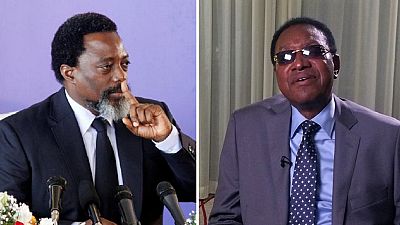

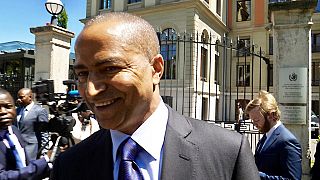
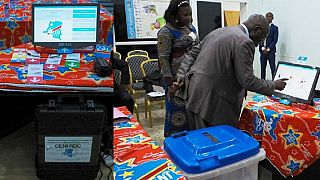
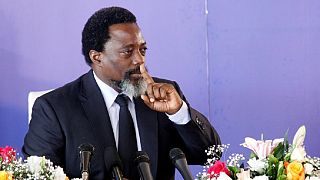
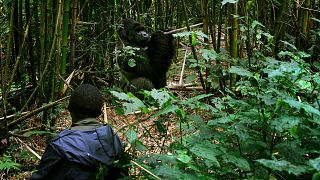
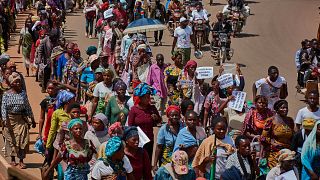

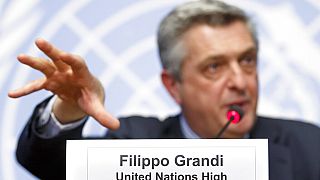
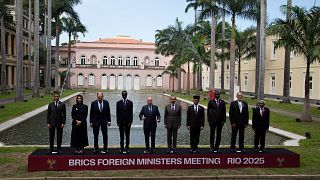
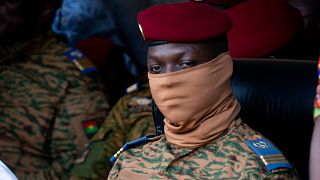
Go to video
Kinshasa reacts to Trump's claim that 'many' Congolese come to US
Go to video
Congo suspends Kabila's political party over rebel 'ties'
Go to video
Goma reacts to return of Kabila from exile
01:02
Kabila plans return to DR Congo amid growing crisis
Go to video
Three American citizens who attempted coup in DRC back in US custody
Go to video
South Sudan calls US visa revocation unfair, cites mistaken identity